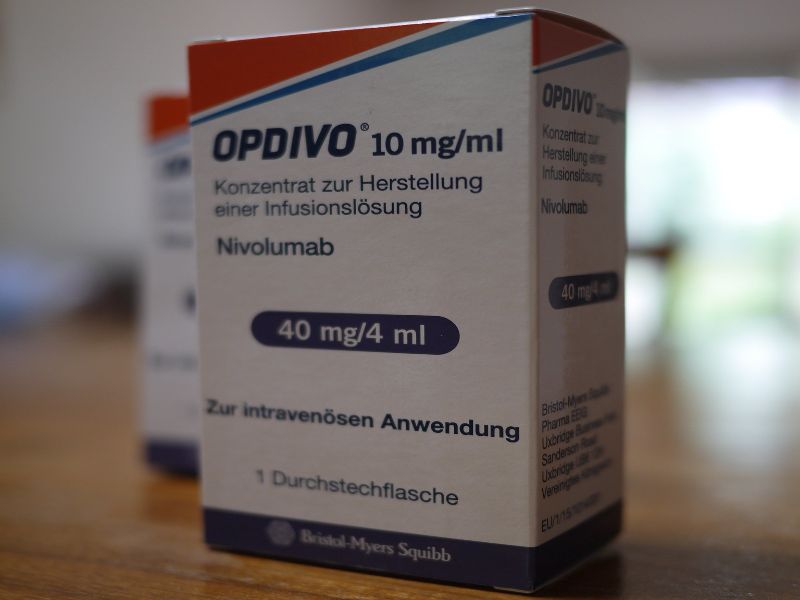
Bristol-Myers Squibb (BMS) has reported that the Phase III CheckMate -548 clinical study of an Opdivo (nivolumab) combination in glioblastoma multiforme (GBM) patients has failed to meet the primary endpoint of progression-free survival (PFS).
Opdivo is an immune checkpoint inhibitor of programmed death-1 (PD-1). It uses the body’s immune system to restore immune response against cancer.

Discover B2B Marketing That Performs
Combine business intelligence and editorial excellence to reach engaged professionals across 36 leading media platforms.
The CheckMate -548 trial assessed the combination of Opdivo plus current standard of care comprising temozolomide and radiation therapy compared to standard of care alone.
Newly diagnosed patients with O6-methylguanine-DNA methyltransferase (MGMT)-methylated GBM have been enrolled into the randomised, multi-centre trial.
The trial’s primary endpoints are PFS and overall survival (OS), while secondary endpoints include investigator-assessed PFS and OS up to two years.
After the study failed to meet the PFS primary endpoint, the data monitoring committee suggested that it can continue to allow the OS data to mature.

US Tariffs are shifting - will you react or anticipate?
Don’t let policy changes catch you off guard. Stay proactive with real-time data and expert analysis.
By GlobalDataBristol-Myers Squibb Oncology Development head Fouad Namouni said: “Though CheckMate -548 did not show statistically significant improvement in progression-free survival, we are continuing to evaluate the benefit of the addition of Opdivo to the standard of care treatment regimen may bring to patients suffering from GBM, an extremely aggressive and difficult disease to treat.
“We look forward to seeing the overall survival data when they are available.”
In June, the company announced that Opdivo did not meet the primary endpoint of overall survival in the Phase III CheckMate -459 study, compared to sorafenib, in unresectable hepatocellular carcinoma (HCC) patients.
BMS is developing Opdivo as a monotherapy and combination treatment for a wide range of cancers.
The drug already holds multiple approvals, including for the treatment of metastatic melanoma, non-small cell lung cancer (NSCLC), renal cell carcinoma (RCC) and small cell lung cancer (SCLC).





